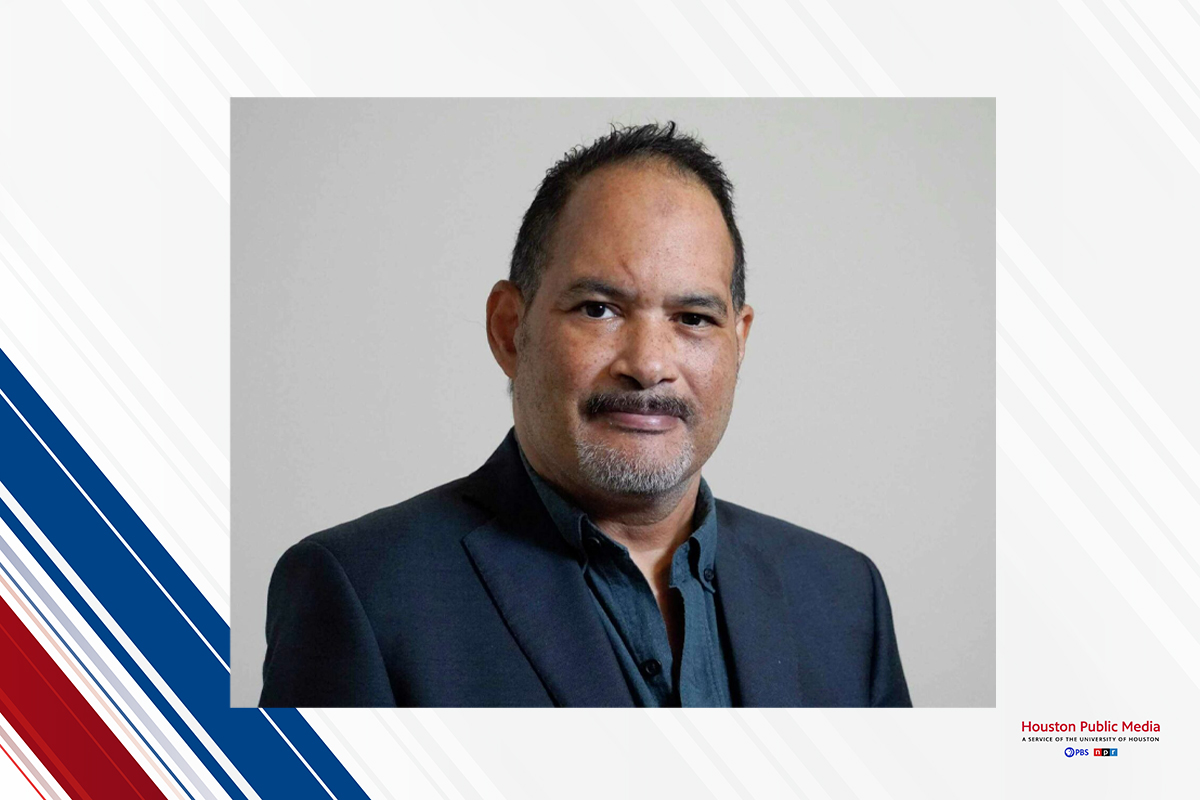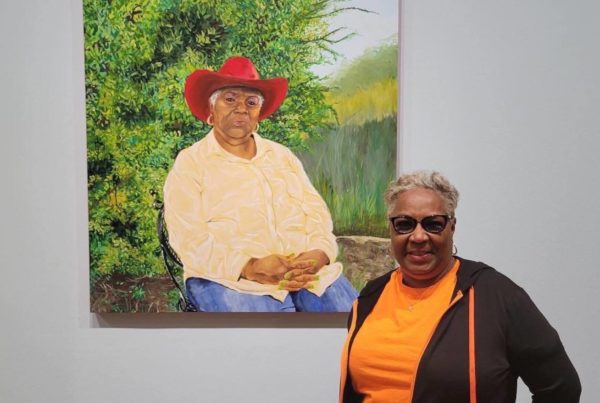State Rep. Garnet Coleman retired on the last day of February, leaving a vacant seat in the Legislature.
Filling it is proving an unusually complex task for the voters of House District 147.
The primary elections to determine which candidates will be on the November ballot yielded inconclusive results. Former Houston City Councilmember Jolanda Jones led the first round of Democratic voting, but only polled 41%. That means she’ll go to a runoff against Realtor Danielle Keys Bess, who polled just shy of 20%. Early voting for that runoff will begin May 16, with the final day of voting on May 24. Damien Thaddeus Jones won the Republican nomination – but he suspended his campaign last month. That means the eventual Democratic nominee will face second-place finisher Rashard Baylor in the fall.
But that’s the race is to determine who’ll represent HD 147 starting January 2023. In the meantime, someone has to fill the seat for the remainder of 2022, even though lawmakers are in recess.
Coleman’s decision to retire early stemmed from his desire to give his district more power in Austin, rather than starting from scratch.
“Since someone’s going to be replacing me, this gives them a leg up in seniority,” Coleman told Houston Public Media. “This will make them, if they get elected in a uniform election date, probably number 120 instead of number 150. And that makes a difference with seniority appointments.”
However, under the law, “there has to be someone there in the office to carry out the duties in terms of constituent services,” said Texas University political scientist Michael O. Adams — even if there’s not likely to be any major business for lawmakers until the next legislative session.
Gov. Greg Abbott called for a special election to fill Coleman’s seat. Early voting in that special election begins April 25, with the final day of voting set for May 7 – in other words, before the primary runoff election.
It’s not yet clear from the Texas Secretary of State’s website who will be on the ballot for that special election. It’s likely to include the frontrunners, Jones and Bess, but in theory, all of the candidates who ran on March 1 – Democrats and Republicans – could declare their candidacy.
If that weren’t confusing enough, the special election also requires a majority to determine a winner.
In other words, if no candidate wins at least 50% +1 of the votes cast, the special election will also go to a runoff — and that runoff would have to take place after the primary election runoff.
Still, Adams said that’s an unlikely scenario.
“Any candidate other than Jones and Bess will be running for pride or ego,” Adams said. “Hence, the likely candidates will probably be Bess and Jones and no runoff election.”
One more detail: the special election will determine who represents HD 147 under the map that’s existed for the past decade. The general election will determine who represents HD 147 on the map that lawmakers drew up during last year’s redistricting cycle.
In both cases, the district extends southeast from downtown Houston as far as Hobby Airport. But the new map is marginally more competitive for Republicans than the current one, though it still greatly favors the Democrats.
As far as the two main competitors go, Jones benefits from having more political experience and high name recognition in the district. But Bess has political connections that could balance out those strengths.
“Bess probably will gain the support of (Houston Congresswoman) Sheila Jackson Lee and have her political campaign ground forces,” Adams said. “Bess actually works for a real estate developer, Gerald Womack, who is very close to Sheila Jackson Lee, and actually he has been a campaign operative (for) Sheila Jackson Lee.”
Adams said one factor that might counter Jackson Lee’s support for Bess is that he expects Jones to pick up the backing of another local heavyweight, state Sen. Borris Miles.
The net effect is that the Black vote in House District 147 is likely to split. Black voters make up the largest portion of the electorate in the district — 39% — compared to 29% for white voters, 25% for Hispanic voters, and 6% for Asian voters.
“Given that setup, I think Anglo and Hispanic voters will determine the outcome of this election,” Adams said.















